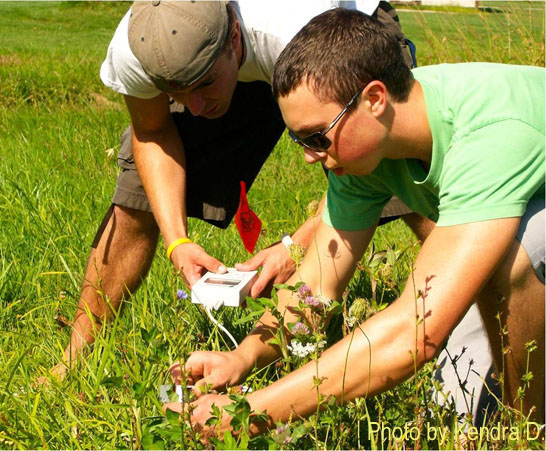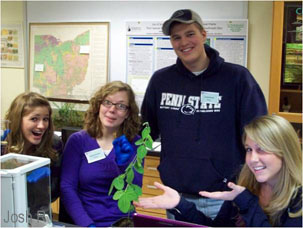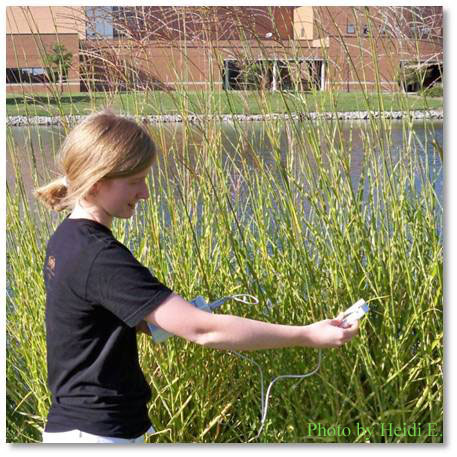
Community of learners:
You are invited to join your peers and professor in a community of mutual edification and encouragement. You are challenged to become an active participant through your individual study and preparation as well as faithful attendance. The opportunities for cooperative learning in lecture discussions and in laboratory projects will enhance your preparation for a career in the biological sciences which requires both biological knowledge and interpersonal skills in the professional workplace.

Integration of faith and science is an essential component of BIO 2500 because science alone is unable to establish value judgements or moral significance. Thus, issues such as the use of biotechnology, development and use of medicinal drugs, stewardship of the environment, and the teaching of origins will require us to draw upon a biblical and philosophical foundation for proper understanding.
Botany illustrates the concept of Biology as Inquiry because many of its early contributors were laymen, doctors, clergy, and inventors. All had one thing in common – a great curiosity and desire to understand the natural world which they saw as being orderly and inviting toward their efforts to understand it. Our approach to learning botany should be characterized by hearts that are stirred by a similar curiosity. As Proverbs 25:2 states, It is the glory of God to conceal a matter and the honor of kings to discover and invent. Our laboratory studies will be geared to stimulate observation and inquiry as you develop hypotheses and test them through sound experimental design and careful collection, analysis, and interpretation of your data.
Finally, we believe that the context is crucial to learning in biology. BIO 2500, General Botany, is the third in a series of biology core courses which together provide a foundation in the biological sciences upon which science and science education majors can then pursue elective courses in keeping with their vocational goals. General Botany, along with General Zoology and General Ecology, equips students with an understanding of biology at the organismic and ecosystem levels. This breadth of preparation is becoming more and more essential as the disciplines of cell and molecular biology mature and reveal a host of molecular mechanisms that influence plant and animal interactions and responses to environment.

We trust that your efforts to excel in General Botany will bring many rich rewards, personally, socially, spiritually, and vocationally. The links to your Syllabus and other resources are located on the sidebar for your convenience. Please let me know if you need assistance along the way.


